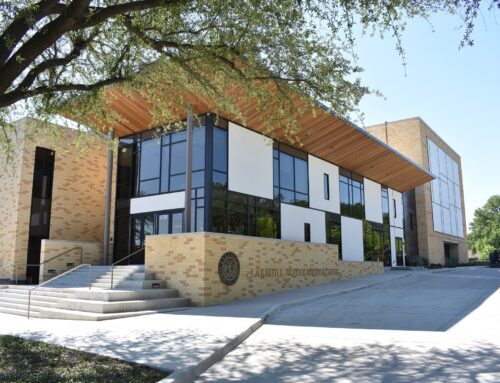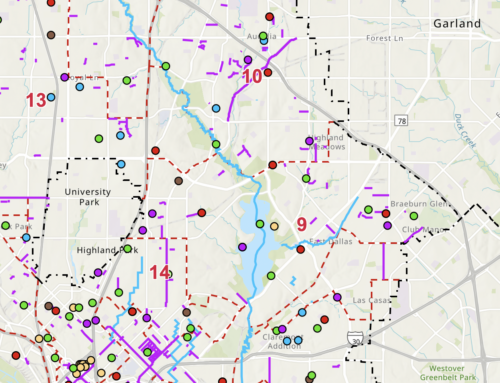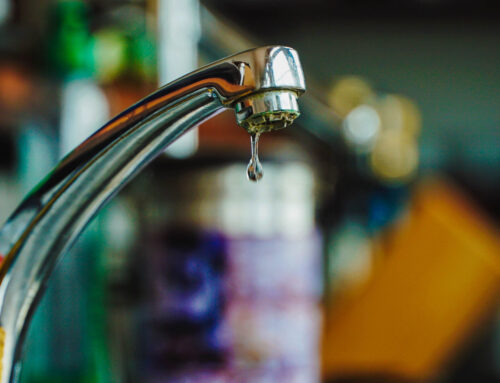Dallas’ political makeup has changed tremendously during the past couple years, but one thing apparently hasn’t changed:
Don’t expect to see a candidate from the neighborhoods running for mayor next spring.
This seems hard to believe after everything we’ve been through during the past four years – 14-1, redistricting, the “re-invention” of City government, and the like.
The people who live in the neighborhoods that Dallas’ Only Daily Newspaper likes to call the inner-city – Lake Highlands, East Dallas, Lakewood, Pleasant Grove, Oak Lawn, Fair Park and Oak Cliff – have actually had a say in how their City is run.
Unfortunately, this turn of events has not yet enabled the neighborhoods to offer a viable candidate for mayor – someone who can help Dallas continue its transformation into a city where democracy is not a four-letter word.
The names most often heard as neighborhood sorts – Texas Secretary of State Ron Kirk and insurance executives Tom Dunning and Beverly Brooks – are, as yet, little-known around here. These people may understand our needs, but they haven’t convinced us yet.
In fact, the list of non-candidates from the neighborhoods is longer than the list of potential candidates. Lakewood’s Sandy Kress, the president of the DISD board, says he has all but decided not to run. Lake Highlands City Councilman Donna Halstead, who is spoken of in almost reverent tones even in the furthest reaches of East Dallas, says she is definitely not going to run.
This may leave those of us in the “inner-city” faced with choosing between candidates who make outgoing mayor Steve Bartlett look like a radical neighborhood activist.
On the one hand, this is not surprising. Historically, the neighborhoods have rarely been able to provide a candidate, let alone one who is capable of winning. Remember Max Goldblatt?
It may be expecting too much to think we could field a candidate now, despite our successes during the past couple of years.
The mayor’s race is not only a City-wide contest that requires a different set of political skills than fighting a zoning change, but it also requires hundreds of thousands of dollars that are apparently only available to North Dallas businessmen.
This is too bad. While the rest of the City was floundering in the various crises that plagued it in the late 1980s and early 1990s, the neighborhoods were – in almost complete anonymity – rebuilding themselves. Just because North Dallas, the business establishment and City Hall haven’t acknowledged it doesn’t mean the revitalization of places such as Junius Heights, Hollywood Heights and State-Thomas hasn’t happened.
By the time those in charge realized Downtown had collapsed, for example, Lake Highlands residents had already devised a plan to deal with all of the empty apartment buildings in their neighborhoods.
Consider, too, the Advocate’s continued existence. If the neighborhoods were as bankrupt as the City’s elite assumes they are, the Advocate couldn’t survive here.
The next mayor needs the tools that we used to turn our neighborhoods around: Our persistence, our skills at compromise, our ability to see past the next fiscal year, our expertise in working with different groups of people.
Almost any of us could have cut and run from Frisco, but we stayed, and we stayed because we knew what Dallas could be. And we wanted to help make it that way.
That’s something for everyone who wants to be our next mayor to keep in mind.




